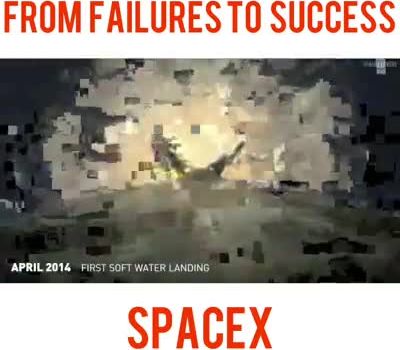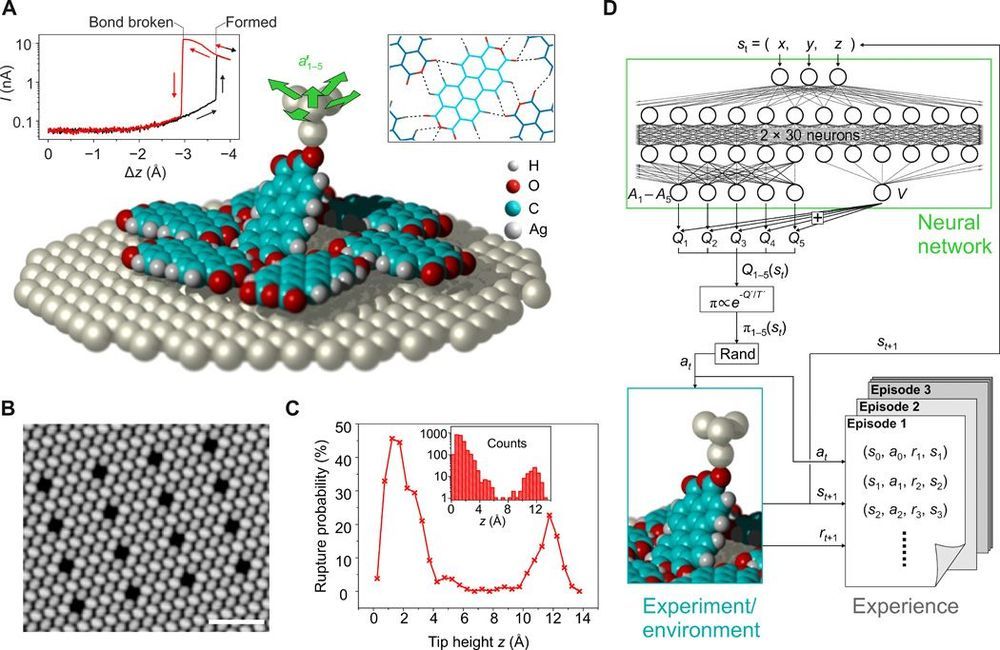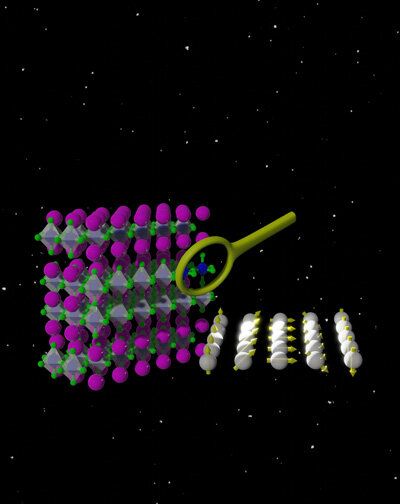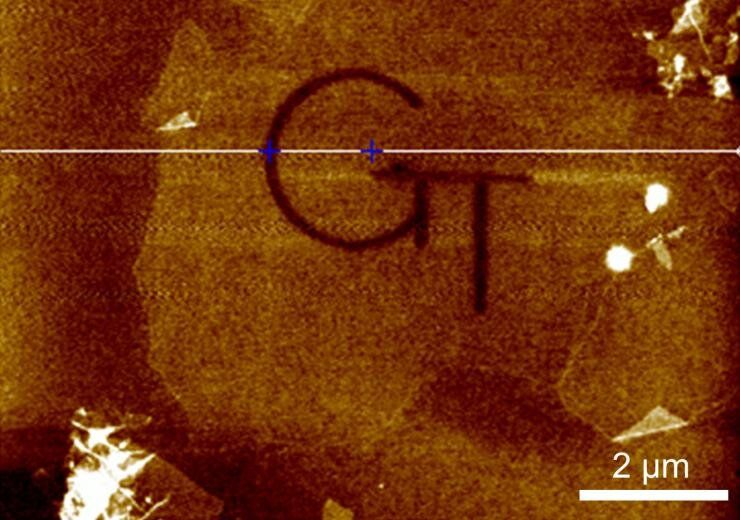Beyond 2030 with Gennady Stolyarov II of the United States Transhumanist Party: Growing a Mainstream Transhumanist Movement In “2030: Beyond the Film” Direct…Gennady Stolyarov II: Growing a Mainstream Transhumanist Movement.
–
Transdisciplinary Agora for Future Discussions (TAFFD’s) is a global nongovernmental organization registered in the USA that serves as a futuristic think tank endeavored to the education and engagement urgency to help people understand the benefits and challenges of technology applied to high-impact industries and disciplines across the world.
We help prepare people’s minds by talking about the current advantages of this new paradigm and what the future entails using a trans-disciplinary approach that is transposed through the TAFFD’s Quarterly Journal, TAFFD’s annual Magazine, TAFFD’s International/Local Conferencing, TAFFD’s Awards, and TAFFD’s Teens divisions of our organization.
TAFFD’s is grateful & honored to be supported/endorsed by the Lifeboat Foundation, USTP, International Longevity Alliance, Open Source Mode, Emerge, Aubrey de Grey, Catherine Demetriades and by many people who wish to change the world through the proper use of technology.
JOIN US!





